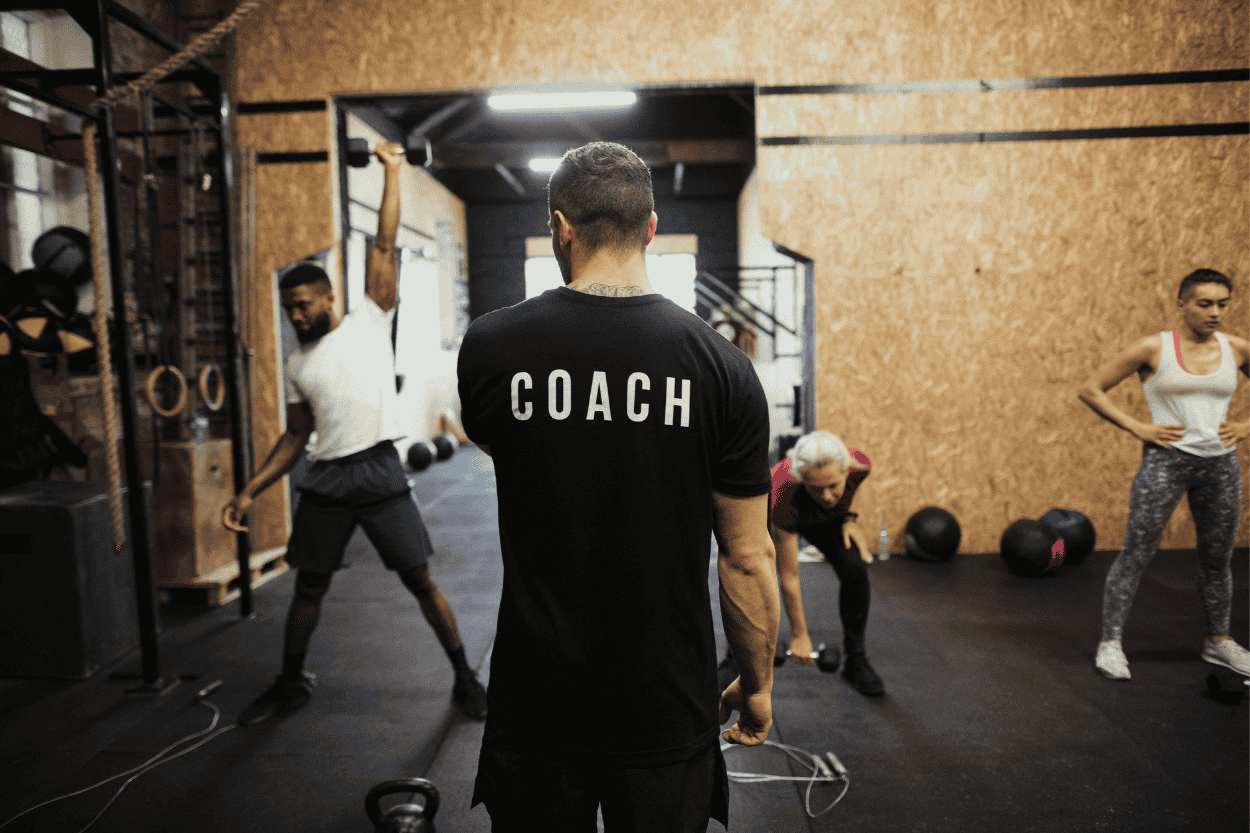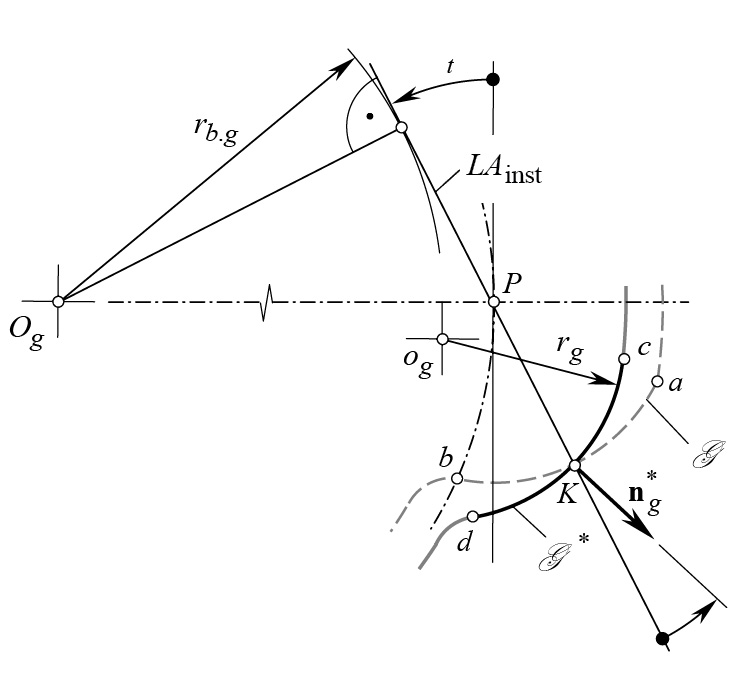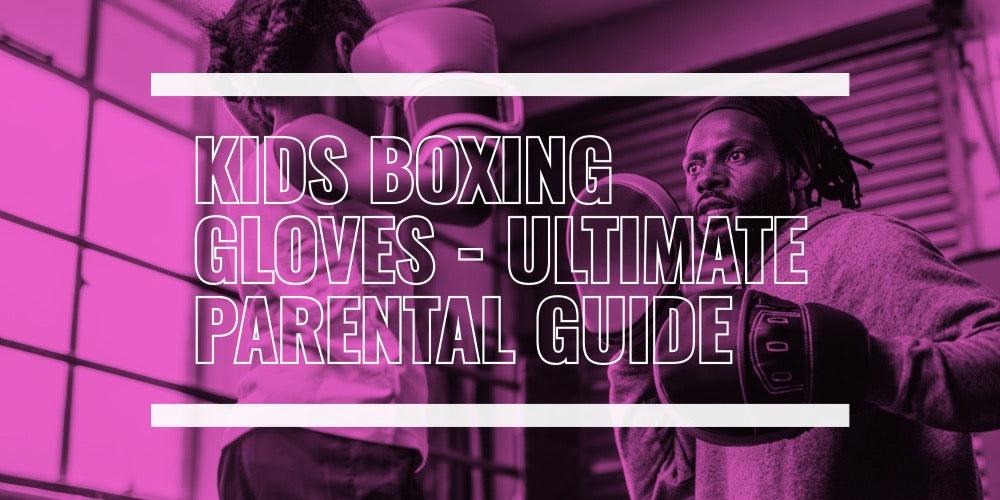How to Choose the Right Competition Gear

Choosing the right competition gear is essential for athletes and competitors aiming to perform at their best. The right equipment not only enhances performance but also ensures safety and comfort during competitions. This article will guide you through the key factors to consider when selecting competition gear, helping you make informed decisions.
Understanding Your Sport and Its Requirements

Each sport has unique demands and regulations regarding gear. Before purchasing, familiarize yourself with the specific requirements and standards set by your sport’s governing body. This ensures your gear is compliant and suitable for competition.
Key Factors to Consider When Choosing Competition Gear

| Factor | Description |
|---|---|
| Fit and Comfort | Gear should fit well to allow full range of motion without causing discomfort or distraction. |
| Material Quality | Durable, breathable, and lightweight materials enhance performance and longevity. |
| Safety Features | Protective elements like padding, guards, or helmets are crucial to prevent injuries. |
| Brand Reputation | Established brands often provide reliable and tested gear. |
| Budget | Balance quality and cost to find gear that meets your needs without overspending. |
Types of Competition Gear
- Apparel: Includes uniforms, shoes, gloves, and other clothing items designed for your sport.
- Protective Gear: Helmets, pads, guards, and mouthguards that ensure safety.
- Equipment: Sport-specific tools like bats, rackets, or weights.
Tips for Selecting the Right Gear
- Try Before You Buy: Whenever possible, test the gear to assess comfort and fit.
- Read Reviews: Learn from other athletes’ experiences.
- Consult Experts: Coaches or experienced competitors can offer valuable advice.
- Consider Maintenance: Choose gear that is easy to clean and maintain.
Frequently Asked Questions (FAQ)
Q1: How often should I replace my competition gear?
A1: Replace gear when it shows signs of wear or no longer fits properly, typically every season or as recommended by the manufacturer.
Q2: Is expensive gear always better?
A2: Not necessarily. While higher-priced gear often offers better quality, it’s important to balance cost with your specific needs and budget.
Q3: Can I use training gear for competitions?
A3: Training gear may not meet competition standards. Always verify compliance before using it in official events.
Conclusion
Selecting the right competition gear involves understanding your sport’s requirements, prioritizing comfort and safety, and making informed choices based on quality and budget. Proper gear can significantly impact your performance and confidence during competitions.
Would you like me to help improve the clarity or add more detailed sections to this article?
